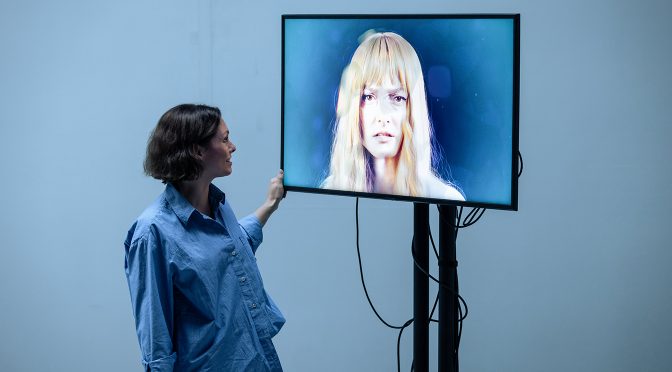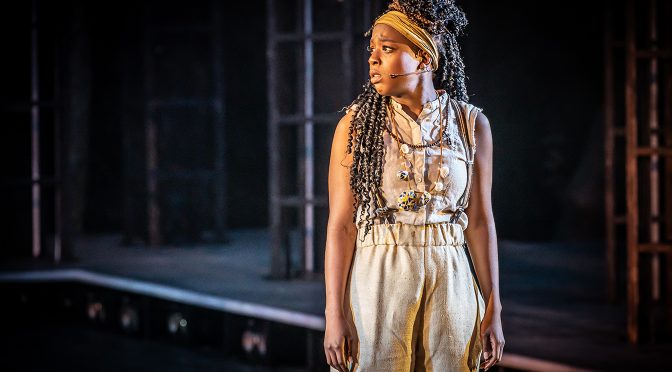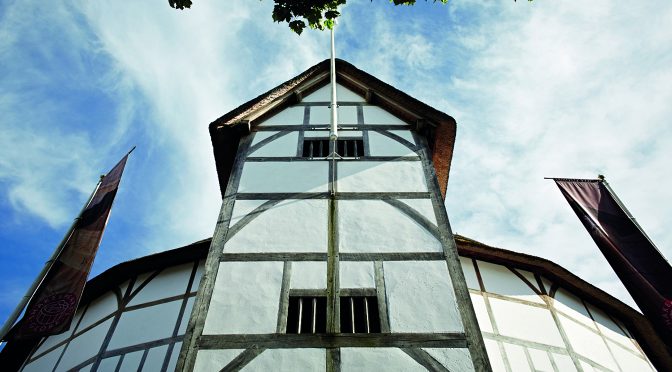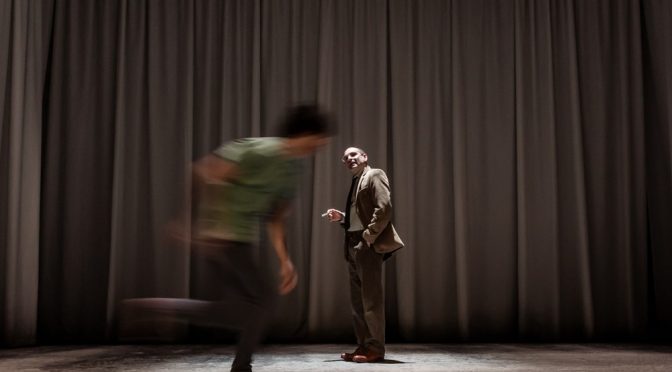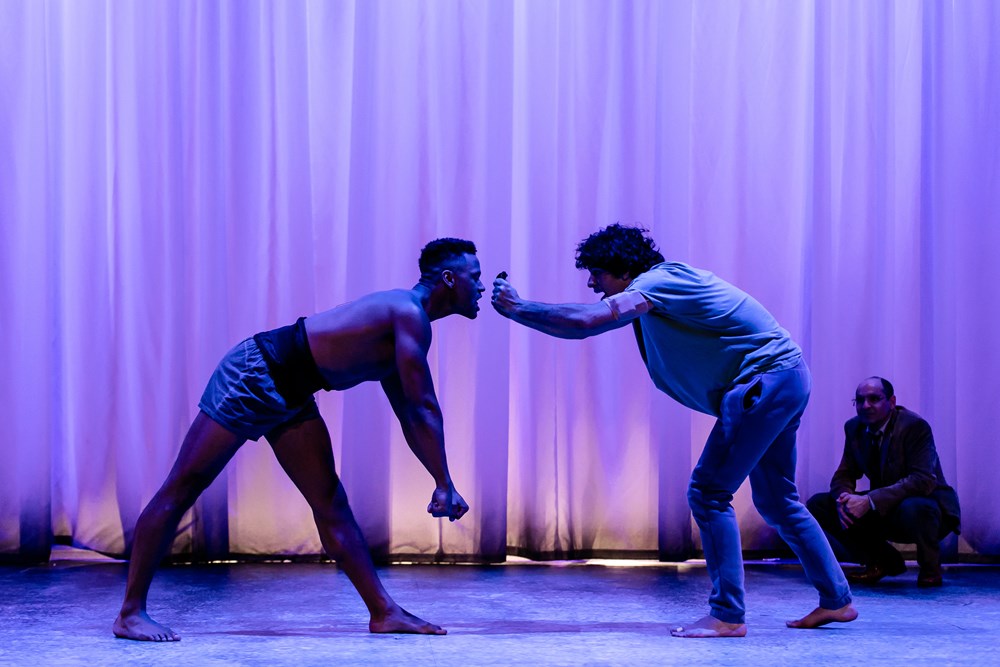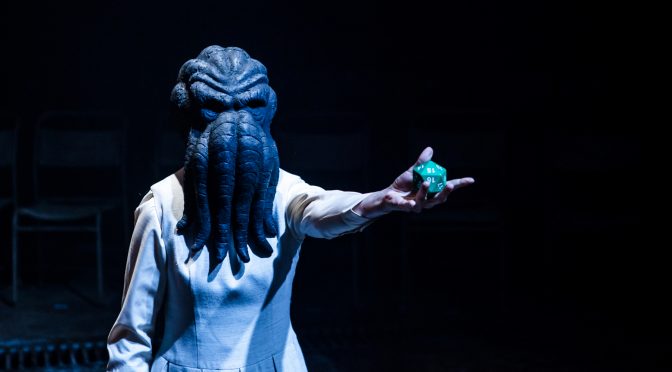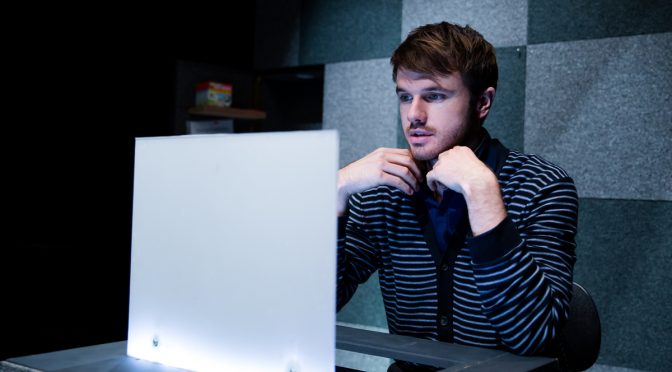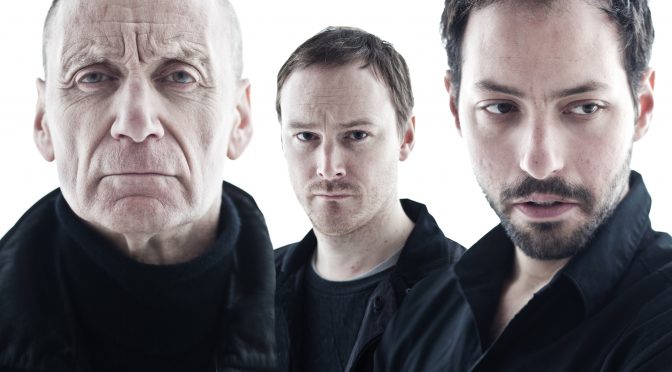Playwright Lauren Gunderson takes an impressively calm approach to artificial intelligence. The technology is here, the question is what we do with it. So rather than examine existential threats, anthropology is a thriller – a neat one, if flawed – that has AI solving a crime.
Gunderson takes many already established ideas about AI – which means we don’t learn much that is new – but our suspicions and fears are used effectively. Like Jordan Harrison’s play, Marjorie Prime, the technology helps someone grieving: a programmer called Merril creates an algorithm based on her missing sister, Angie. What happens next is a good twist and the plot is firm.
anthropology is smart and entertaining, with nice turns of phrase and well-handled light touches. But it is also cold. Despite Merril’s mental health, the breakdown of her relationship, and her troubled mother making an appearance, she is a distant figure. Indeed, all the characters are strangely rarefied. Given a title that indicates a study of people and societies characterisation is a struggle and the quartet of people we meet too small a cross-section.
Emotion is led by the strong cast, carefully guided by director Anna Ledwich. Taking the lead as Merril, a bravura performance means MyAnna Buring impresses – she can command Georgia’s Lowe’s bare stage and isn’t overpowered by Daniel Denton’s impressive video designs. Dakota Blue Richards has the tough role of Angie, (mostly) a disembodied voice or video, and excels at both sinister hints and comic touches.
The sisters are bravely unlikeable. It’s interesting to watch how the AI programme changes – as it gets better, Angie becomes worse! Or question how much Merril forces her unhealthy ideas on those around her. But loosely sketched back stories need to be clearer. All the characters seem trapped in their trauma and there’s little sense of them existing outside the scenario of the play. The roles of mother and girlfriend suffer most – while Yolanda Kettle and Abigail Thaw do a good job – their characters are flat and it is hard to care about them.
Unless…there is a deeper irony to anthropology? AI is based on patterns and both the play, and its characters, could be said to follow models. Gunderson uses ideas from science fiction, from thrillers and even the film Casablanca. Having a sense of what comes next – how much you can predict or, maybe, what we expect from a genre – runs through the piece. If that is the idea then it is a playfully intriguing one…but maybe better as a concept than as a drama.
Until 14 October 2023
Photo by The Other Richard

